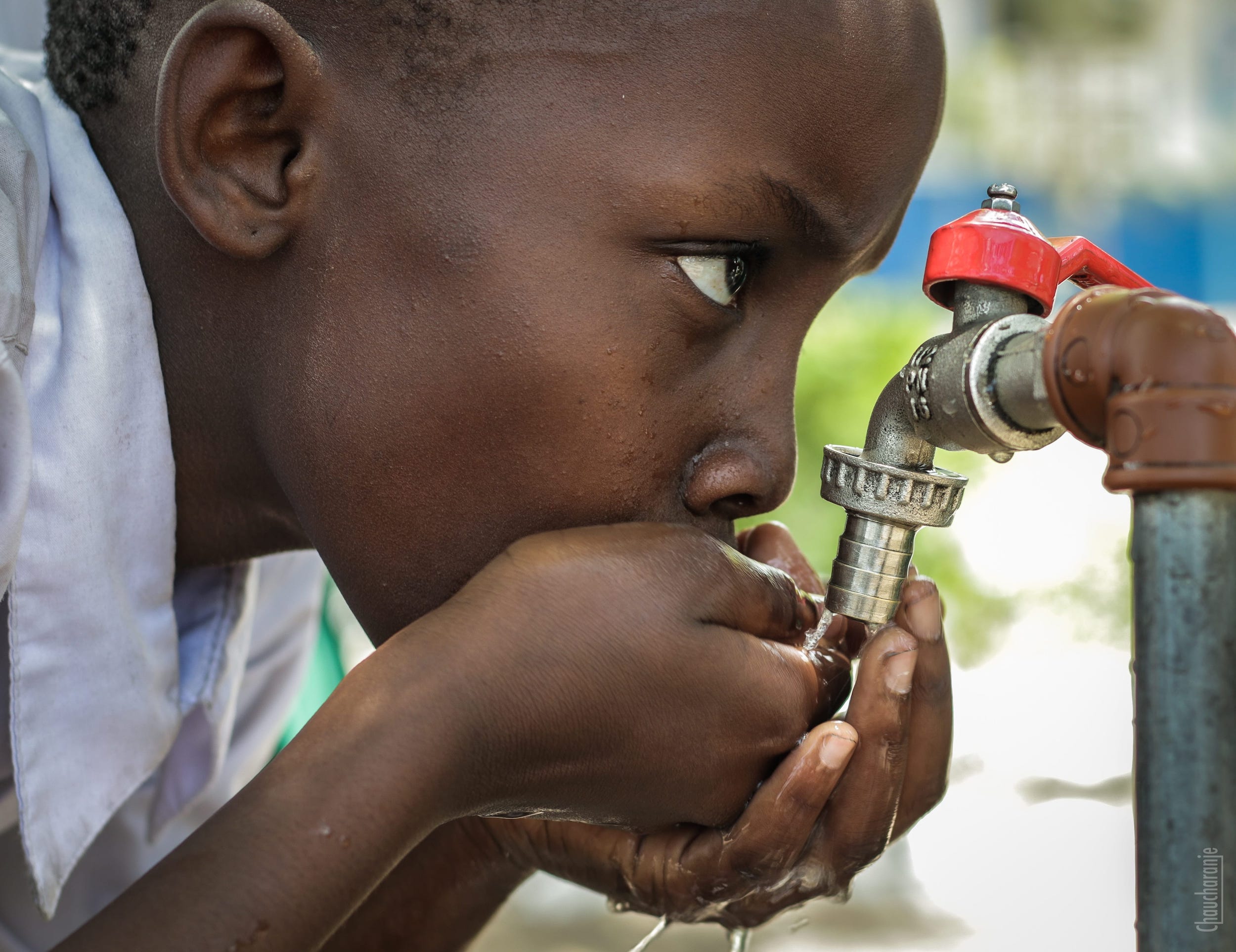Login
Signup
Help Provide Clean Water To Those in Need
Donate Today
Providing Clean Water To West Africa

More than 60% Of West Africans Lack Access To Clean Drinking Water
According to a 2017 report by UNICEF, less than 40 per cent of Ghanaians have access to safe, drinkable water. Other studies show that nearly one-fifth (18 per cent) of the nation’s population is reliant on surface water, such as rivers, springs and unprotected wells.
 This is a problem that affects both urban and rural areas, and one that only seems to be growing in both scale and urgency. As reported by Bloomberg, cites and towns in Ghana, including the capital, Accra, are increasingly suffering water shortages as the population continues to expand.
This is a problem that affects both urban and rural areas, and one that only seems to be growing in both scale and urgency. As reported by Bloomberg, cites and towns in Ghana, including the capital, Accra, are increasingly suffering water shortages as the population continues to expand.
Water is a fundamental need – essential to life – and a lack of clean, potable water is one of the most significant, preventable causes of death. The World Health Organization estimates that more than 1,000 people die each day in West Africa from illnesses connected to contaminated or unsafe water.
WATER SHORTAGES PERPETUATES POVERTY
It is also one of the primary drivers of poverty. Without clean water, crops cannot grow; adults must forego work; and children, education, to locate and transport fresh supplies back to their homes, often walking miles to do so. And for those who are able to acquire water from private vendors, they can end up paying up to 10 times the price per liter than their more affluent counterparts who enjoy piped water.
HOW WE WILL HELP
 Campaign Against Poverty is committed to helping break this vicious cycle by increasing access to clean water. With your support we will help those in poverty by delivering fresh, sustainable water supplies closer to Ghanaian villages through the installation of new wells, hand pumps and rainwater harvesting equipment. Furthermore, we shall look to provide basic training to enable residents to maintain these new facilities for the benefit of the entire community.
Campaign Against Poverty is committed to helping break this vicious cycle by increasing access to clean water. With your support we will help those in poverty by delivering fresh, sustainable water supplies closer to Ghanaian villages through the installation of new wells, hand pumps and rainwater harvesting equipment. Furthermore, we shall look to provide basic training to enable residents to maintain these new facilities for the benefit of the entire community.
In addition, we will provide upfront investment to allow households to install latrines. Water shortages lead to serious sanitation issues, fueling the spread of deadly diseases such as cholera and typhoid fever, but with your help, we can make a positive difference and save lives.
Our main objective, however, is to free the poor from the necessity to search for water, and in turn free them from poverty. Relieved of the many hours spent on this pursuit, the young can go back to school and their parents can go out to work.